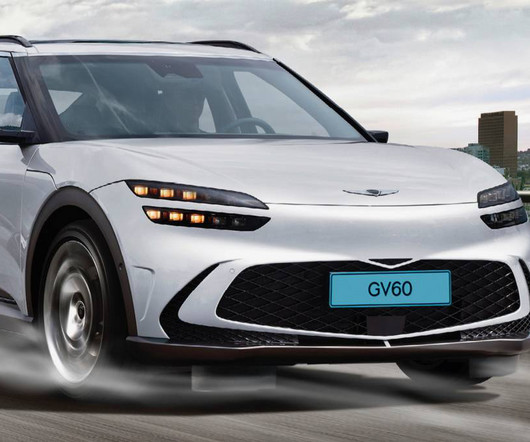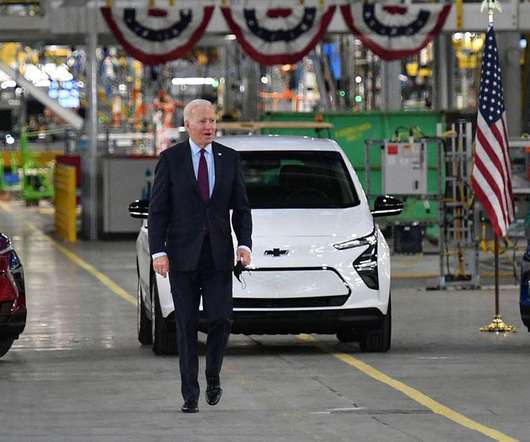Study concludes that automakers tweak vehicle fuel economy to qualify for more favorable treatment; focus on car notches
Green Car Congress
FEBRUARY 17, 2011
In their study, Slemrod and Sallee focus on “car notches”—where small changes in behavior lead to large changes in tax liability or the amount of a subsidy—in policies intended to encourage the production and use of fuel-efficient vehicles. mpg and 22.4 mpg US (12.7 mpg US (12.7






































Let's personalize your content